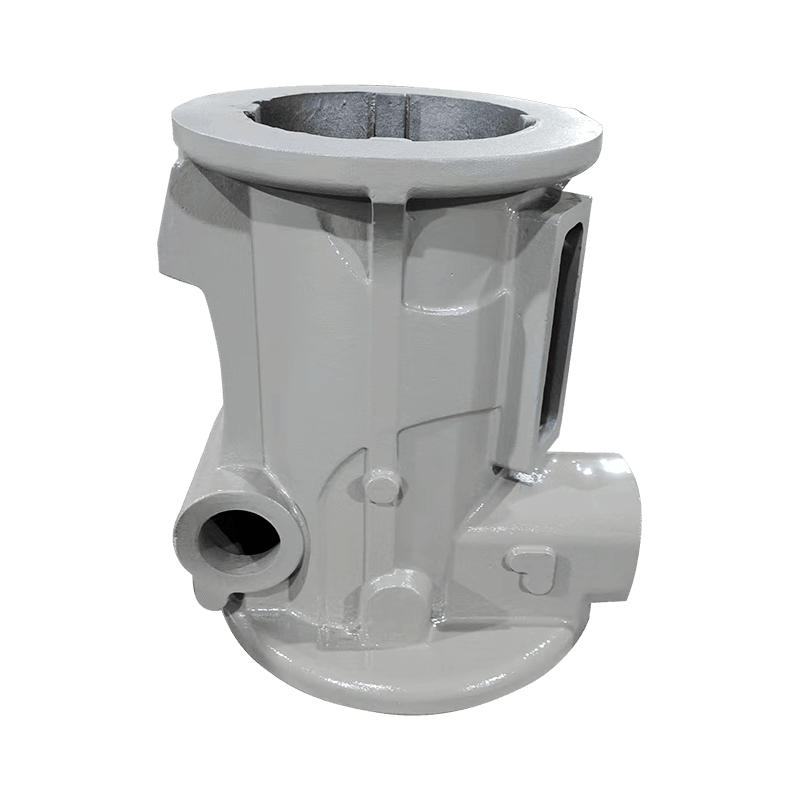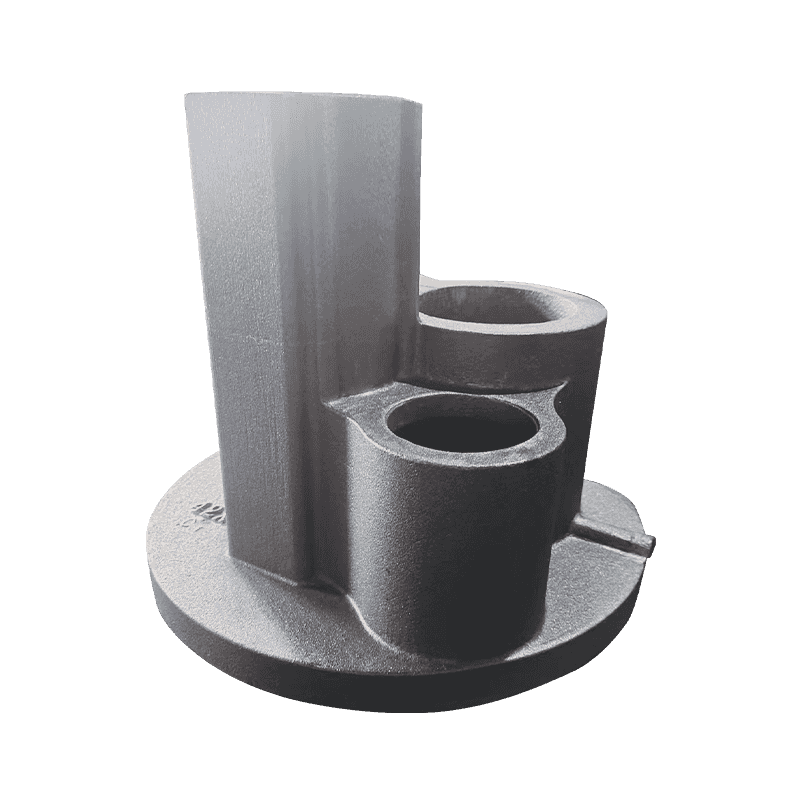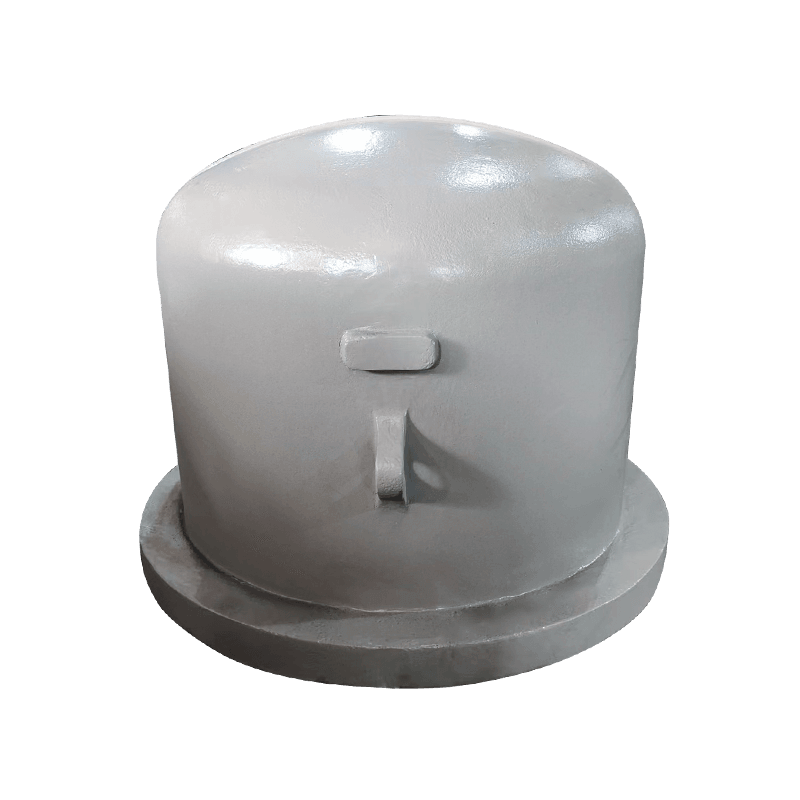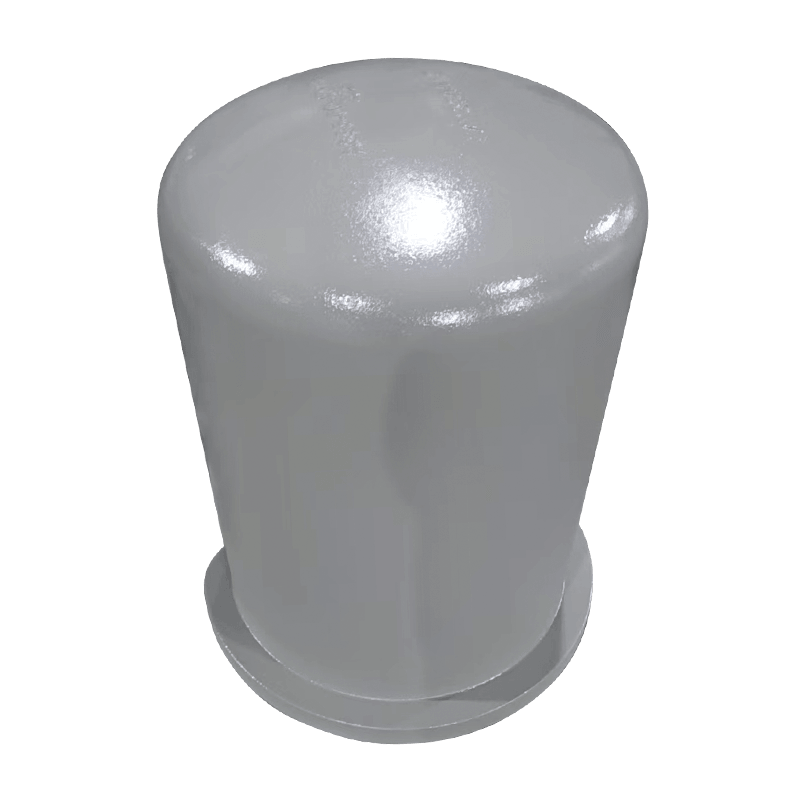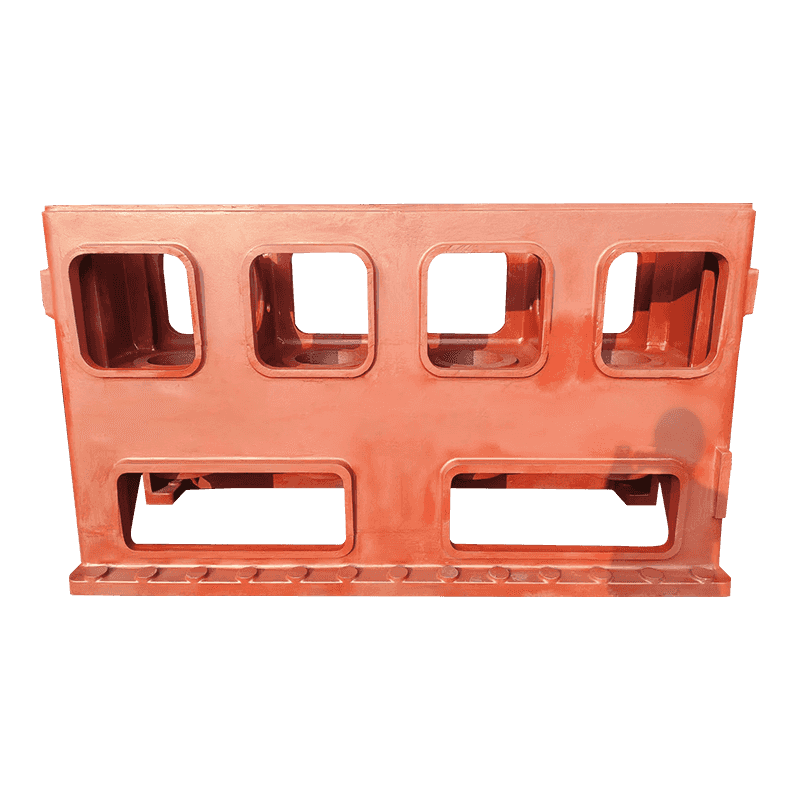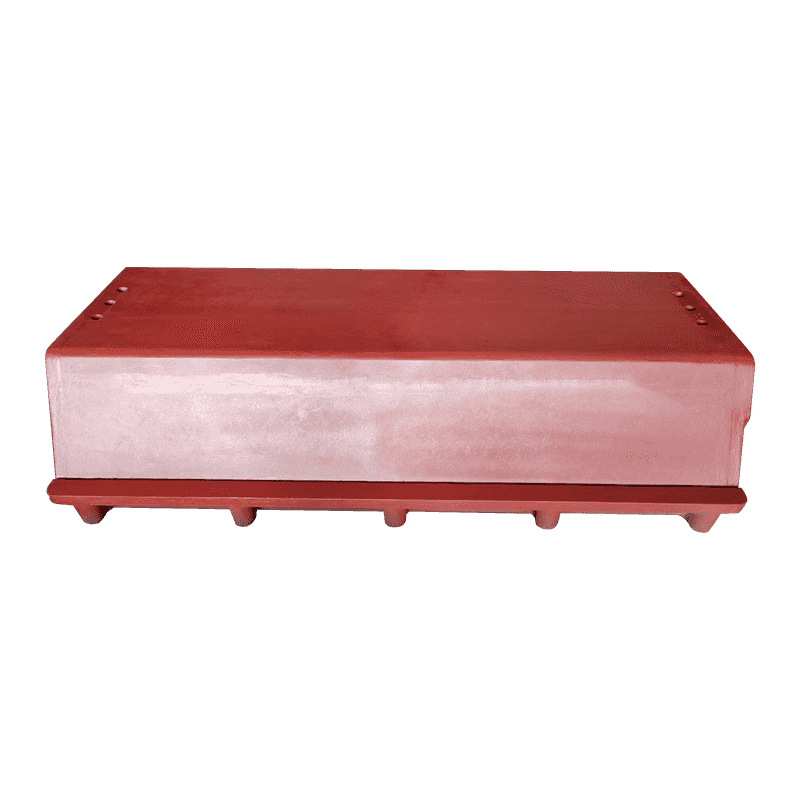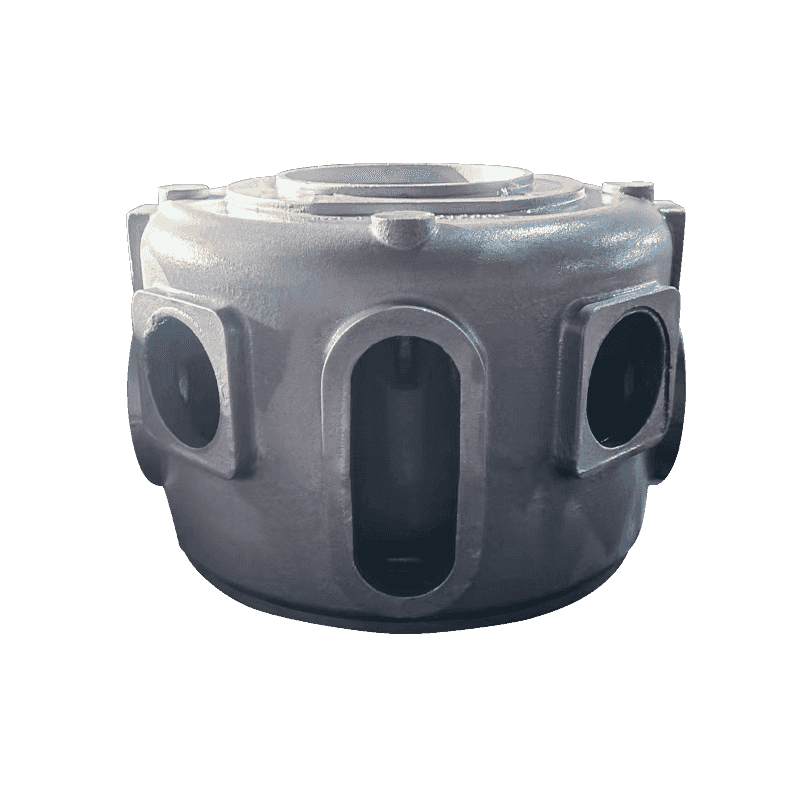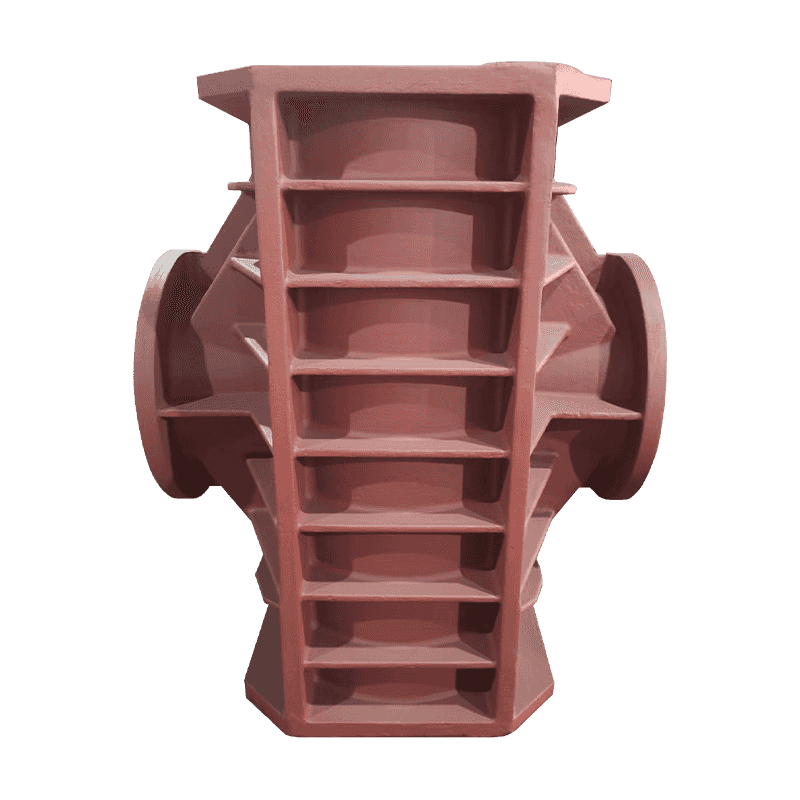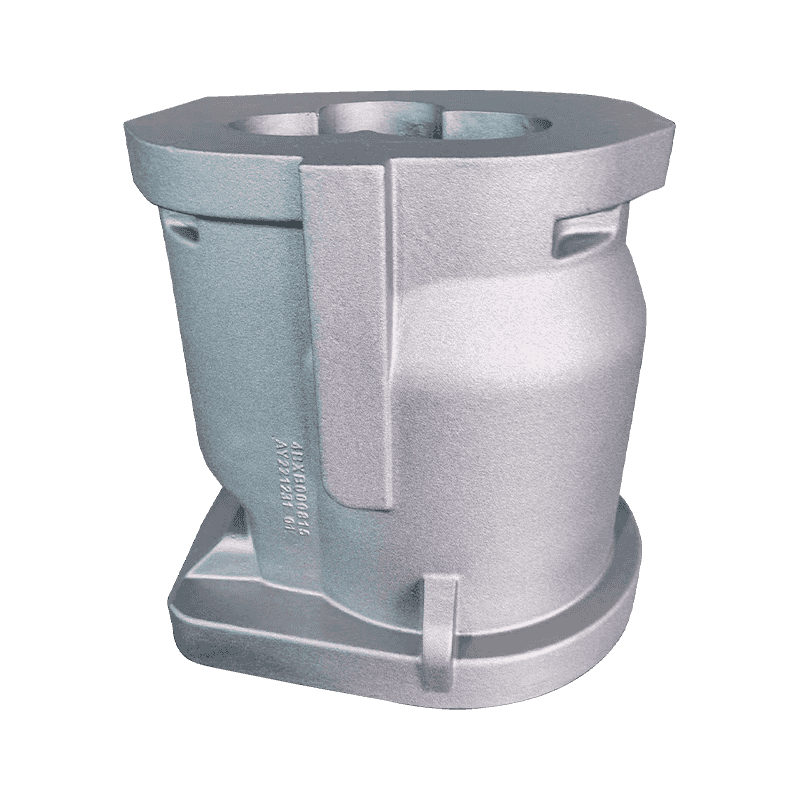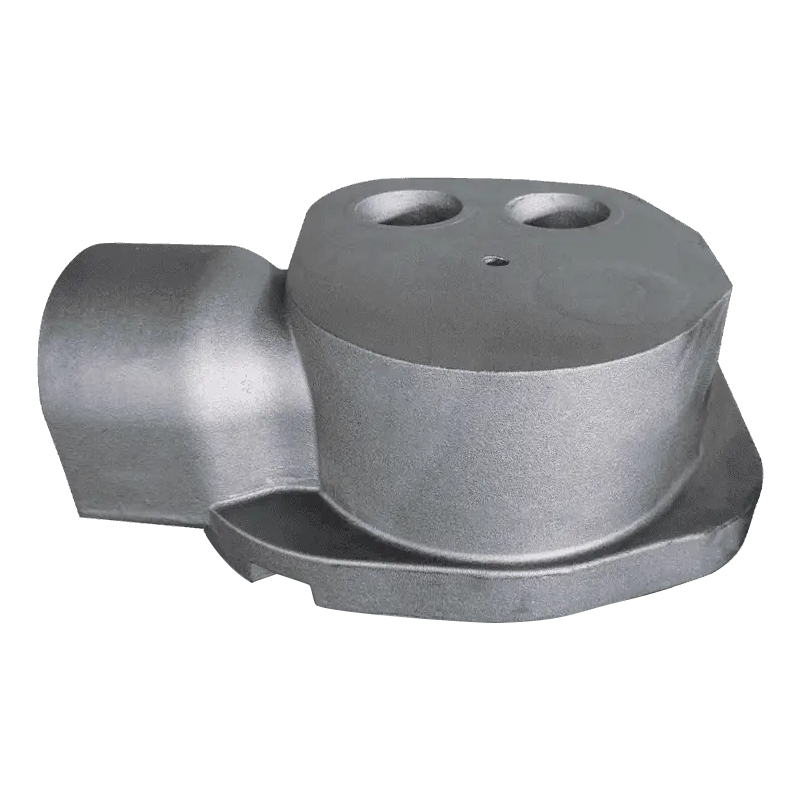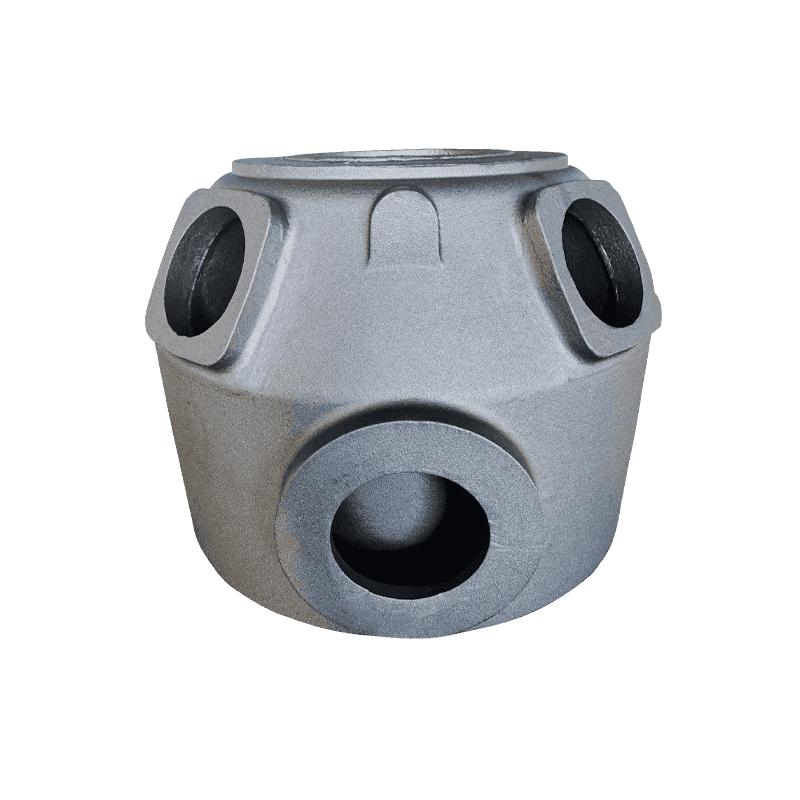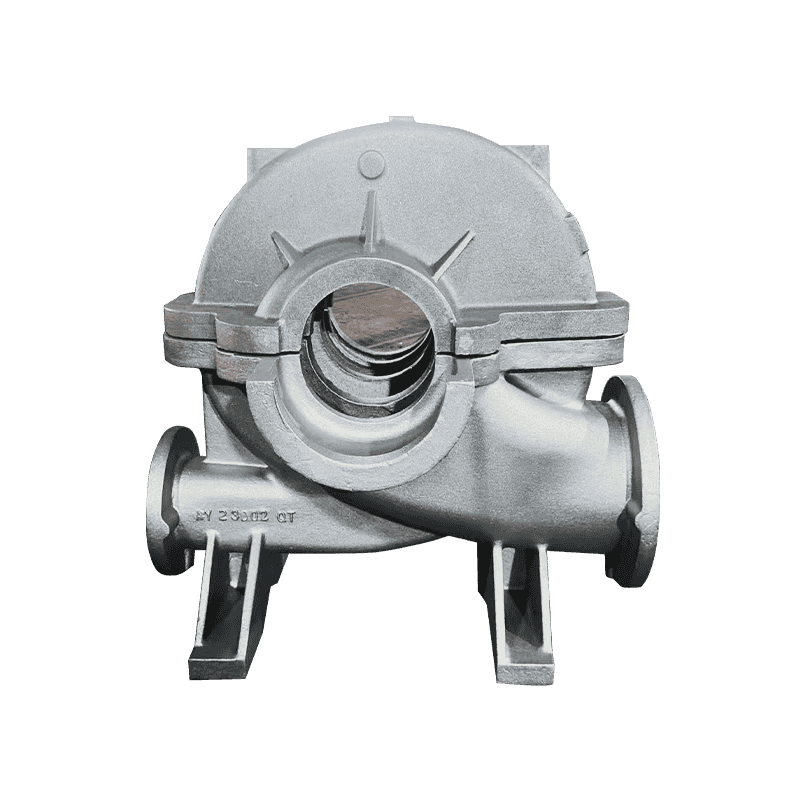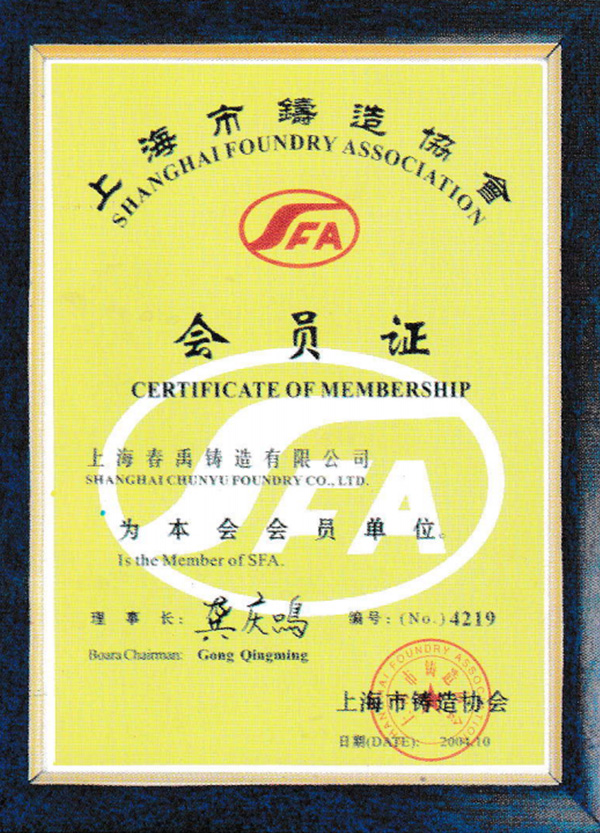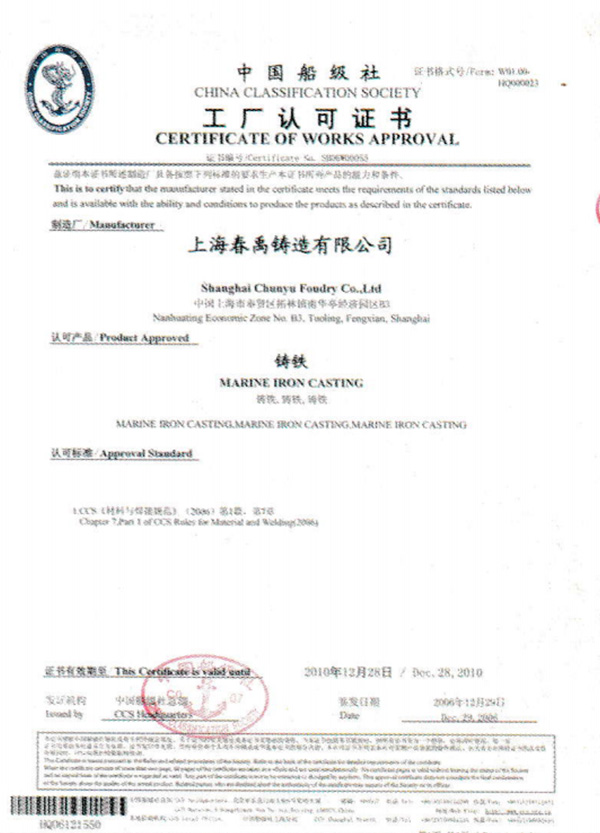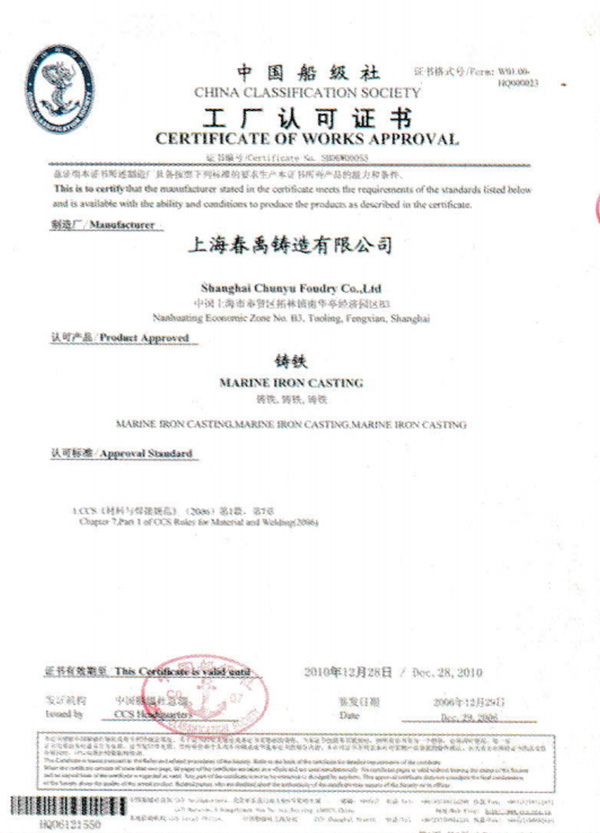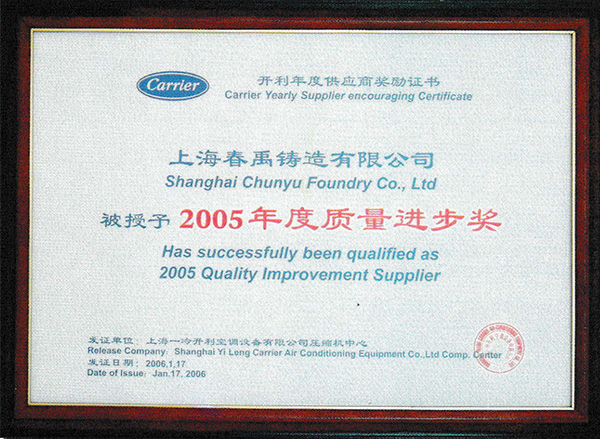- Technical Parameters
- Ecterprise Strength
- Any Question
|
Product name |
42 series compressor casing |
|
Brand |
HT250 |
|
Craftsmanship |
Resin sand, coated sand |
|
Category |
Compressor Castings |
About Haian Aoyu Machinery Manufacturing Co., Ltd.
Haian Aoyu Machinery Manufacturing Co., Ltd. was established in 2007. The company covers an area of 6000m² and has more than 200 employees. It is an industry-trade enterprise specializing in the production of water pumps. It can produce more than 30,000 pumps of various types, mainly exported to Europe, Asia, Africa, America, and other regions.
The company has rich experience in the design and manufacture of submersible pumps and sewage pumps, advanced automated production lines, testing equipment, and production processes, a group of professional technical engineers, and a strong R&D team. Since the establishment of the company, the products have been produced in strict accordance with international standards. Every position in production, sales, and after-sales has a superb technical team to back it up. Every link is under strict quality control to ensure that all sales are high-quality products. The employees of the company always keep in mind that quality is the life of an enterprise, and they are professional because of concentration, and we have been working hard.
-

Products Integration
-

15+ Industrial Experience
-

Export To Over 35 Countries
-

7*24 Hours Customer Service
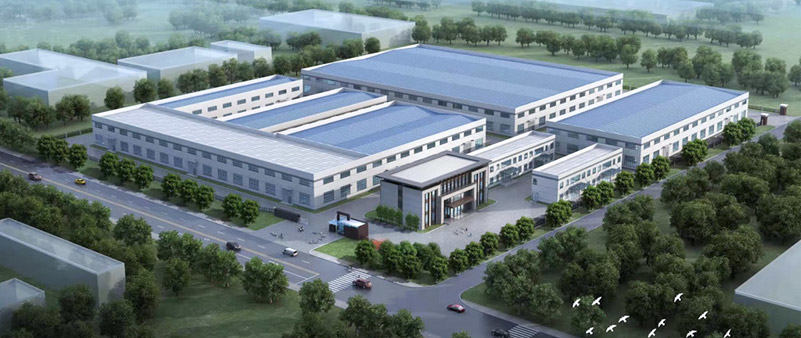
-
Structural Rigidity and Vibration ControlCompressor Castings form the primary structural...
READ MORE -
Precision Machining and Tight Tolerances The foundation of effective high-speed operation ...
READ MORE -
Precision Machining and Tolerance ControlA Piston Pump Valve Body achieves reliable sealin...
READ MORE -
Material Composition The material chosen for Compressor Castings directly affects the comp...
READ MORE -
Flow Direction and Impeller Blade Angle: The impeller in an Axial Flow Pump is specificall...
READ MORE
1. What is the compressor housing and what does it do?
The compressor housing is an important part of the compressor, used to enclose and protect internal components such as the compressor head, motor, exhaust port and intake port. The main function of the housing is to provide a solid protective cover to prevent the key components inside from being damaged by the external environment, such as dust, moisture and debris, which may cause damage to the compressor or unstable operation. Especially in industrial environments, compressors are often exposed to harsh working conditions, and the existence of the housing can greatly improve the durability and reliability of the equipment.
In addition to providing physical protection, the compressor housing also has the function of mechanical support. Many components inside the compressor need to remain stable under high pressure or high speed operation, and the housing provides the necessary structural support to ensure that these components will not shift or be subjected to external impact during operation. The design of the housing usually takes into account the shape and operating requirements of the compressor, and can accurately support and fix the key components inside, so that it can operate efficiently and stably.
The compressor housing also affects the heat dissipation performance of the compressor. Since the compressor generates a lot of heat during operation, the housing needs to have a good heat dissipation design to ensure that the internal temperature remains within a reasonable range. Excessive temperature will not only affect the efficiency of the compressor, but also accelerate the aging of internal components. The compressor housing plays a vital role in the entire system. It is not just a simple protective shell, but a complex structure that integrates multiple functions of support, heat dissipation and protection.
2. How does the compressor housing improve performance?
The design of the compressor housing has a vital impact on the overall performance of the compressor. First of all, it plays an important role in reducing noise and vibration. When the compressor is running, the internal mechanical friction and gas flow will generate a lot of noise and vibration, which will not only affect the comfort of the working environment, but may also have a negative impact on the equipment itself. By using high-quality materials and optimized housing design, noise and vibration can be effectively reduced, thereby improving the operating stability and service life of the compressor.
The housing plays a key role in maintaining the thermal balance of the compressor. If the heat generated by the compressor during operation cannot be dissipated in time, the internal temperature will be too high, which will affect its working efficiency and life. Therefore, many compressor housings use materials with good heat dissipation performance, and even special heat dissipation channels or heat sinks are designed on the housing to help speed up the heat dissipation. This design can effectively avoid the problem of compressor overheating and ensure that it can still maintain efficient operation under long-term high load.
In addition to heat dissipation performance, the housing can also improve the operating efficiency of the compressor by optimizing airflow management. The core working principle of a compressor relies on the intake and exhaust of gas, and the design of the casing can help optimize this process and ensure smooth and efficient gas flow. By reducing the turbulence and resistance of the internal airflow, the compressor can perform compression and exhaust work more effectively, thereby improving the energy efficiency of the entire system.
The choice of casing material is also crucial. Many modern compressor casings are made of lightweight and high-strength materials such as aluminum alloys or high-performance plastics, which not only reduces the overall weight of the compressor, but also improves its corrosion resistance. For compressors that need to operate in harsh environments, this design can greatly improve their durability and reduce damage or failures caused by environmental factors. In addition, lightweight casings can also reduce the energy consumption of the compressor, further improving its overall operating efficiency.
3. Why is the compressor casing important for safety?
The compressor casing is not only important in improving performance, it is also directly related to the safety of equipment and operators. First of all, the sturdy structure of the casing can effectively prevent operators from accidentally contacting the high-speed components inside the compressor. This is especially important because there are many fast-moving mechanical parts inside the compressor, such as motors and compressor heads. Without the protection of the casing, any misoperation or careless contact with these parts may cause serious injuries.
The compressor casing also plays an important role in withstanding internal pressure. When the compressor is working, it will generate extremely high internal pressure, especially in high-pressure compression systems, this pressure may reach dangerous levels. Without the protection of the casing, once the internal components fail or the seal fails, it may cause the ejection of high-pressure gas or liquid, causing harm to the surrounding personnel and equipment. The existence of the casing can serve as the first line of defense in these extreme situations and reduce the risk of accidents.
When the compressor fails or breaks, the casing can also effectively prevent the fragments of the internal components from being ejected. Especially when the compressor suddenly stops or encounters external impact, the internal rotating parts may generate a lot of kinetic energy. If there is no protection from the casing, the flying fragments will pose a threat to the surrounding personnel and equipment. Therefore, the casing is not only a protective cover, but also an important safety barrier that can play a role in mitigating the consequences of accidents when the compressor has an accident.
The casing can also help the compressor operate safely in harsh environments. In some industrial fields, compressors are often exposed to harsh conditions such as extreme temperatures, corrosive gases or high humidity. The protective effect of the casing can ensure that these external environments do not directly affect the sensitive components inside the compressor, thereby improving the safety and durability of the compressor. In this case, the casing is not only to protect the physical structure of the internal components, but also to help the compressor achieve long-term stable operation under harsh conditions, ensuring the safety of equipment and operators.

